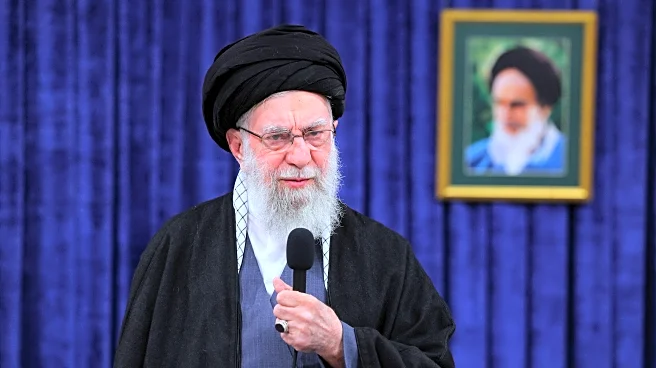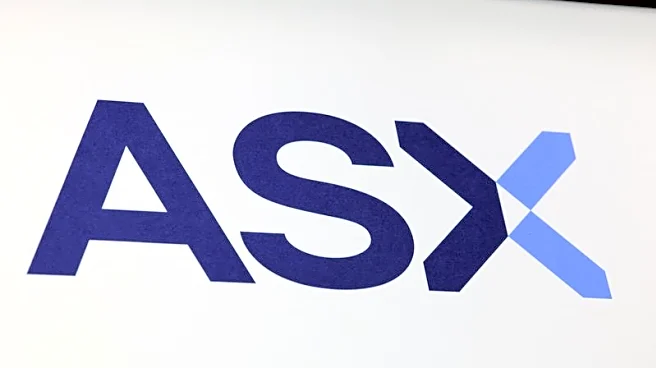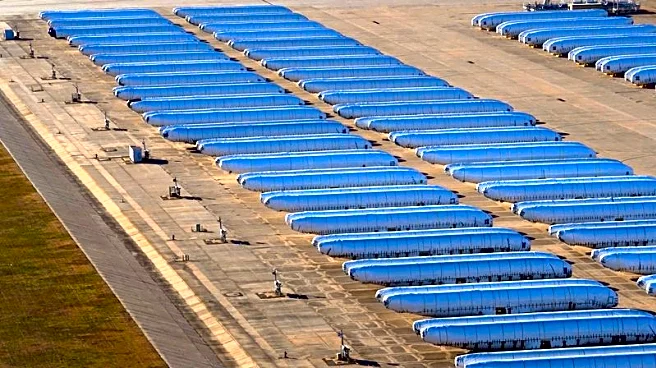(Reuters) -A tactic used by Chinese automakers and dealers to inflate car sales has grown increasingly common in recent years in response to a bruising price war in the world's largest auto market, a Reuters analysis
of consumer complaints has found.
Earlier this month, Reuters reported EV brands Neta and Zeekr had arranged for cars to be insured before buyers purchased them, a scheme that effectively inflates sales numbers and gives the appearance the companies were hitting periodic targets.
But the controversial tactic was not limited to the two companies and was employed elsewhere in the industry, according to a Reuters review of 97 separate consumer complaints published on three widely used Chinese websites.
In more than a dozen cases, buyers said they were informed by dealerships that the practice was specifically designed to meet sales targets.
The allegations cover some of China's largest domestic and foreign brands by sales volume, including homegrown champion BYD and Toyota, Volkswagen and Buick. The three foreign brands operate their China businesses in partnerships with state-owned giants GAC and SAIC Motor Group.
While the earliest complaints date back to 2021, the majority were published this year and last as a price war squeezed an industry crucial to China's export-driven economy.
Reuters reviewed complaints posted on 12365auto.com, a third-party site used for consumer dispute resolutions, and two other similar sites. The platforms require owners to verify their identity and submit proof of their allegations.
In most of the cases reviewed, the automakers responded publicly, saying they sought to resolve problems.
Reuters was not able to independently verify the complaints or their resolutions.
It is not clear what portion of China's car sales were inflated by the insurance scheme.
SAIC, which is a China joint venture partner for Volkswagen and Buick-owner General Motors, said it is committed to providing users with high-quality and standardised sales services but did not elaborate.
The practice effectively disguises how much inventory automakers actually held, said Yale Zhang, managing director at consultancy Automotive Foresight.
"That could lead to a misjudgment of monthly demand within the industry and result in increased production scheduling," Zhang said.
CONSUMER ANGER
Between 2021 and 2025, 48 separate buyers said on 12365auto.com that they purchased new cars only to later discover they were already insured by the dealer.
Many of the buyers said they felt deceived by the dealerships, especially when they realised the insurance on their cars was registered in other names.
Likewise, there were 26 separate complaints published between 2021 and 2025 on the China.com 315 auto consumer complaint platform, run by the state-owned China Internet Information Center.
Another 23 were posted between 2022 and 2025 on Black Cat, a widely used consumer complaint platform run by tech firm Sina.
In 14 complaints on the three platforms, buyers of BYD-, Neta-, Toyota-, Buick- and Chevrolet-branded cars said they were told by dealers the practice was aimed at booking sales early to meet targets.
One complaint, filed in December against a SAIC GM dealer on 12365auto.com, alleged the automaker required 60 cars to be insured without buyers to meet sales targets.
Another complaint on China.com filed in April alleged a BYD store in Shaanxi told a buyer it had 12 cars insured in a batch to inflate sales last July.
Buyers of Li Auto, Changan, FAW-Volkswagen and Geely also reported cars being insured pre-purchase.
A Volkswagen Group China spokesperson said it refused to boost sales figures through insurance and that complaints would be investigated.
DEALER COMPLAINTS
Separately, Reuters identified 29 official media reports from 2020 to 2025 that detailed complaints against dealers of major brands, including BYD and Changan and foreign brands Volkswagen, GM, Toyota, Nissan and Honda, run by their joint ventures with state-owned Chinese automakers.
The media outlets, across 15 provinces and cities, are controlled and owned by the regional governments.
In nine cases, dealers representing FAW Hongqi, SAIC Roewe, SAIC VW, Dongfeng Nissan, GAC Toyota, GAC Honda and SAIC GM told official media that insuring unsold vehicles was for booking purchases early to meet sales targets.
A Honda spokesperson said that GAC Honda prohibits dealers from taking out compulsory insurance before selling new cars and that any dealers found doing so would be dealt with severely.
FAW Hongqi said it does not use insurance plans to pre-confirm sales and any such activity was not official company action.
GM China said it does not require wholesale vehicles to be insured pre-purchase and that it counts deliveries, not insurance, in its sales reports.
BYD, GAC Toyota, Geely, Changan, Nissan and Li Auto did not respond to requests for comment.
Reuters also identified five articles published by Chinese courts between March 2023 and March 2025 about consumers taking dealers to court for concealing pre-purchase car insurance. In three of those, the court ruled for the buyers who demanded compensation. Verdicts for the other two were not publicised.
'ZERO MILEAGE'
Vehicles booked as sold before reaching buyers are called "zero-mileage used cars" in China. The practice emerged out of the cut-throat competition as the market deals with a years-long price war caused by chronic overcapacity.
More than 100 car brands are competing intensely to survive consolidation, deepening pressure to bolster sales and take market share.
Analysts and investors that track the industry use two sets of data.
Wholesale figures reported by automakers to the industry association show sales from automakers to dealers, while retail data compiled from mandatory traffic insurance registrations show the number of sales to users.
Accusations of selling cars with existing insurance policies date back to 2016 when a Cadillac buyer told a regional radio programme he found the car was insured before his purchase.
The practice appears to have picked up after the price war started in early 2023, when several brands led by Li Auto started posting weekly sales rankings on social media based on insurance registrations.
The China Association of Automobile Manufacturers has criticised such postings as unreliable and this month blamed them for intensifying "vicious" competition.
(Reporting by Reuters Staff; Editing by Sam Holmes and David Dolan)













